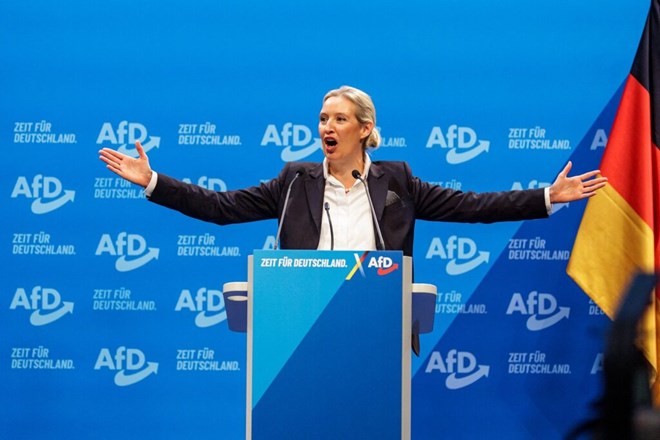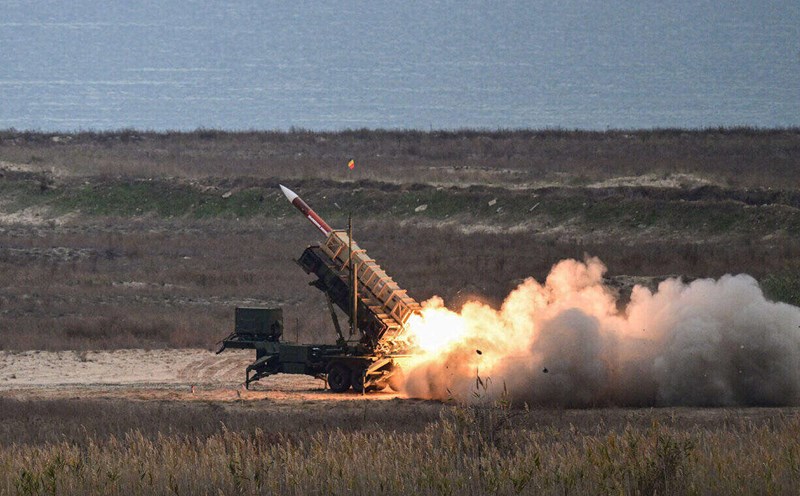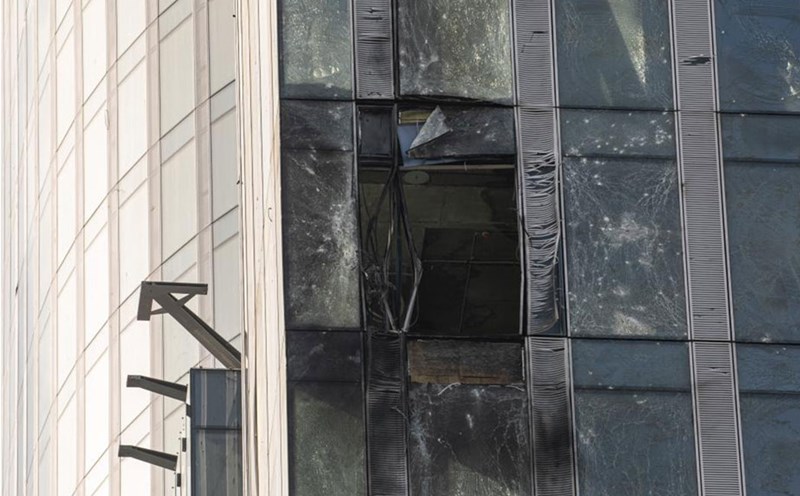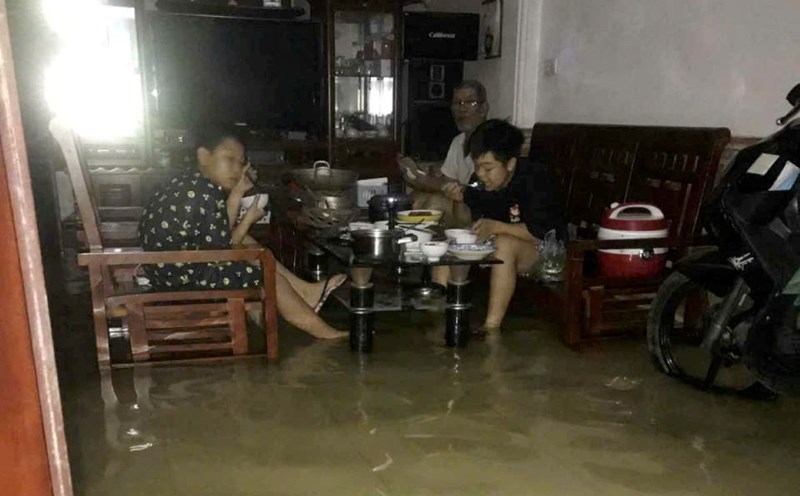Over the weekend, co-chair of the German Democratic Choice for Ukraine (AfD), Ms. Alice Weidel, affirmed that many Germans expressed dissatisfaction with the new military aid move to Ukraine by the Berlin government.
Speaking on local TV, Ms. Weidel said that the 9 billion euros ($10.5 billion) that Prime Minister Friedrich Merz's administration has pledged to provide to Ukraine this year are all coming from the national budget, or as she said it was "the money of German taxpayers".
And what made the public upset was Prime Minister Merz's announcement to buy US-made patriot missiles for Ukraine for up to 5 billion euros ($5.8 billion).
No one understands this anymore. There is money for everything but there is no money for our citizens," Weidel said.
Despite Merz, a member of the Christian Democratic Union and the Christian Social Union (CDU/CSU) winning the election earlier this year, Weidel said the AfD remains popular with the German people because the party " pursue policies for the benefit of the people".

Previously, Prime Minister Merz's statements regarding support for Ukraine's attack on Russian territory were also opposed by politicians of the Social Democratic Party (SPD).
On May 26, German Deputy Prime Minister and Finance Minister Theo Klingbeil not only rejected Mr. Merz's stance but also affirmed that Berlin did not have any new agreements regarding fire range that exceeded what the previous government had done.
At the same time, lawmaker Ralf Stegner said that Prime Minister Friedrich Merz's public statements about removing the range limit were "un ichorable", stressing that any action to escalate tensions was wrong.
According to lawmaker Stegner, the only way to resolve the conflict is diplomacy.
Meanwhile, for her part, on July 9, Russian Foreign Ministry spokeswoman Maria Zakharova affirmed that Germany's arms aid move is pushing Ukraine to the brink of collapse.
Ms. Zakharova emphasized that German weapons will not change the goals of the special military campaign that Russia has been deploying since 2022 in Ukraine.











